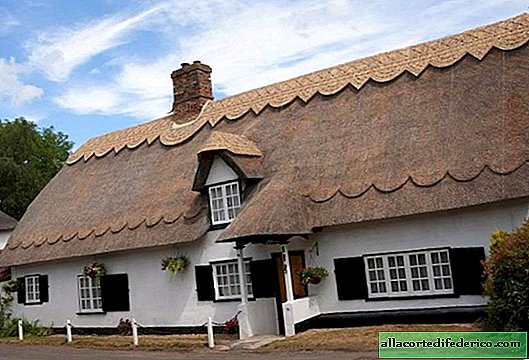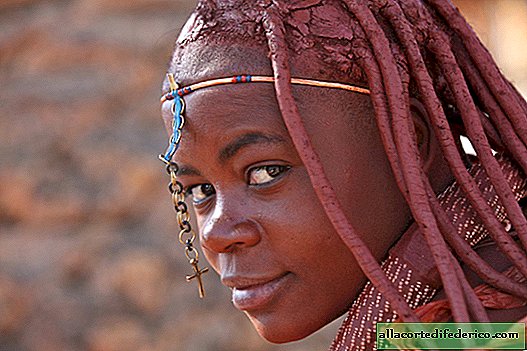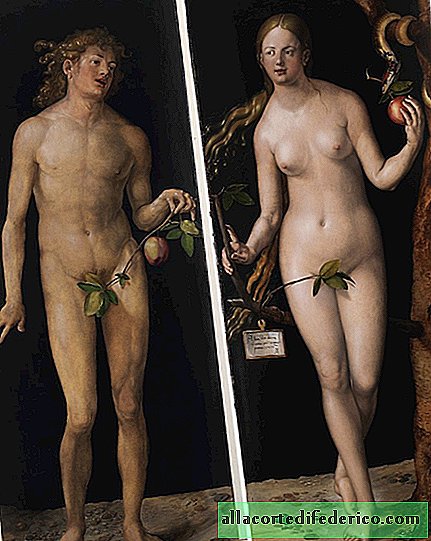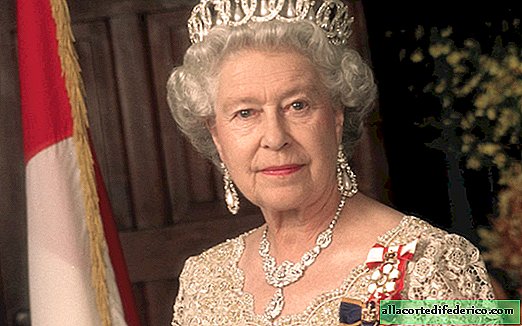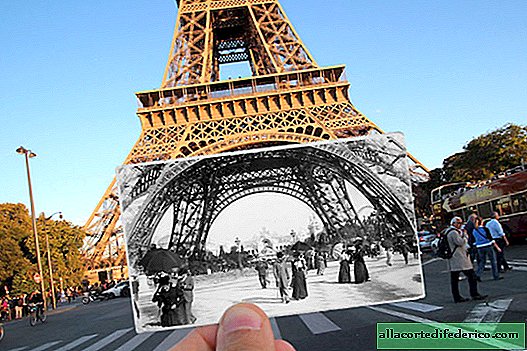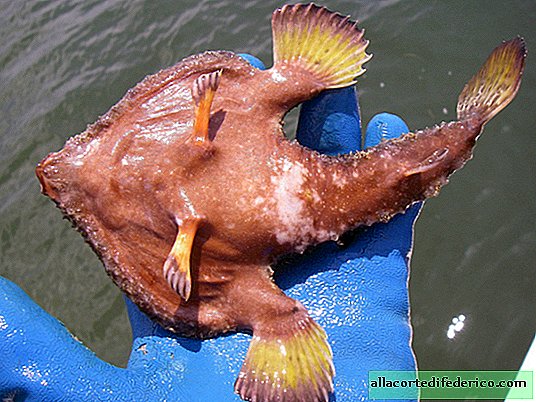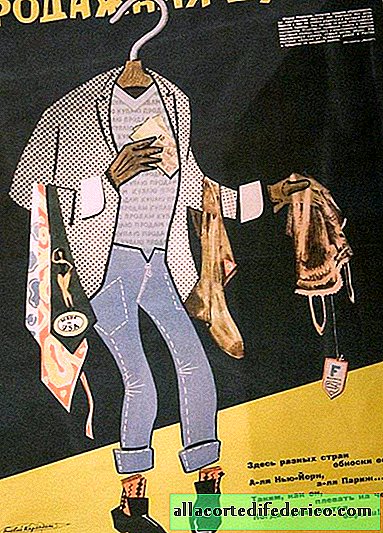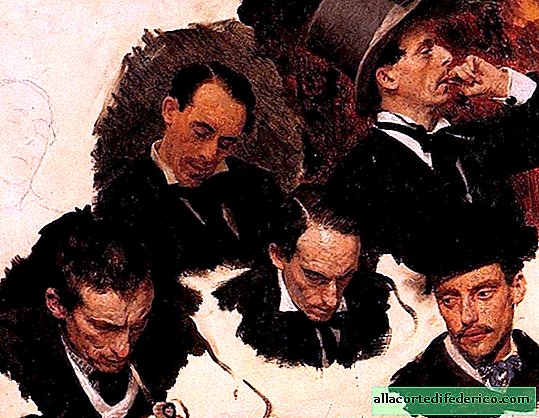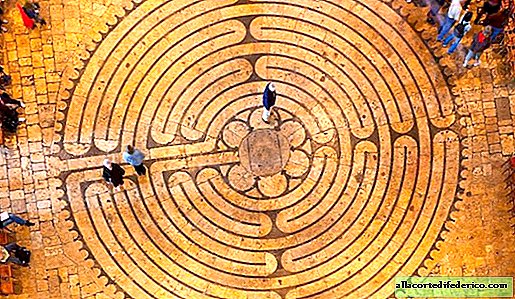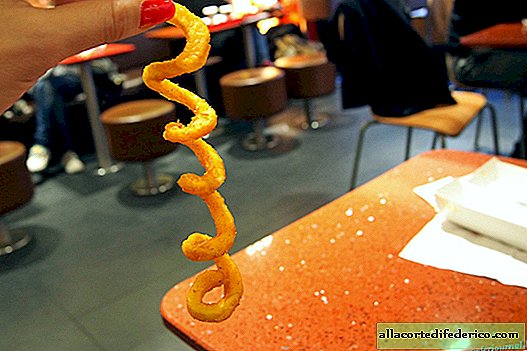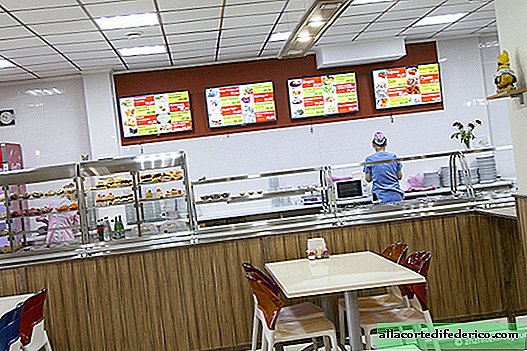How two women of the 14 popes changed
Towards the end of the ninth century, the once-powerful Carolingian empire split into smaller, weaker kingdoms and faced aggressive attacks by the Vikings from the north, Magyars from the east, and Muslim pirates from the south. If a hundred years ago most of Europe was ruled by Charlemagne, now it was led by weak leaders who had to fight back from rivals. As one historian said, "Europe has been torn to shreds."
Decline was also felt in Rome, where the popes ruled. This period was perhaps the darkest in the history of the papacy. It began with the trial of Pope Formos in the so-called Synod of Corpses a year after his death. Over the next fifty years, sixteen dads changed. Fifteen of them were killed, one of them, Leo VII, died of a heart attack. The papal throne was torn between the political players of Rome, who often went to great lengths so that their representative would be the pope.
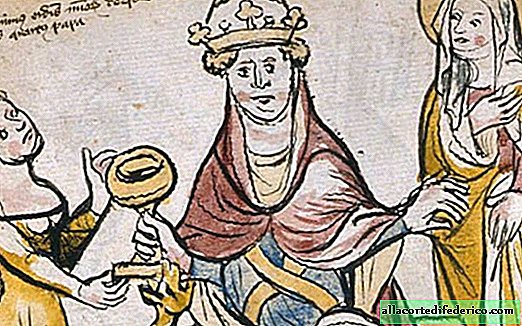 Marosia
MarosiaIt was at this time that a woman named Marosia entered the main historical stage. She was born between 890 and 892 years in the family of the Roman consul and senator Theophylact Count Tusculum and Theodora the Elder. Mother and daughter dominated Roman politics and easily dealt with their enemies.
One of them was Liutprand Cremona, a diplomat and historian. He called Theodora "a harlot, a memory of which is disgusting." She held power in Rome.
When Sergius III became pope in 904, Theophylact and Theodora made sure their teenage daughter was introduced to the pontiff. Soon Sergius and Marozia became lovers. She became pregnant and gave birth to a son Sergius named John. Papa was not allowed to have children, and this incident gave the Theophylact family political leverage to influence the throne and make the decisions they needed. Then Marozia married Alberic I of Spoletsky.
 Pope Sergius III
Pope Sergius IIITheofilakt's house continued to dominate Roman politics and the papacy in the 920s, even when Marozia's parents and husband died, leaving her alone. In his book, The Birth of Europe, Paul Collins spoke about the extraordinary abilities of this woman:
“An extraordinary woman, her meaning is not how she changed her lovers, but her ability to maintain political stability in Rome and the papal region under difficult conditions. She understood that sexuality was her political force. Living in the patriarchal world, she used her in In addition, Marozia was a beautiful and attractive woman, smart, strong-willed and independent, like her mother.
When Pope John X (914-928) decided that he had the courage to challenge Marosiah, she took the next step. She married one of his rivals - Guido of Tuscany, Count of Lucca and Margrave of Tuscany. Together they returned to Rome and captured the main fortress of the city - Castel Sant'Angelo.
As soon as the opportunity arose, Guy sent his soldiers to the papal residence, where they killed the pope’s brother and brought the pontiff to Castel Sant'Angelo. Then dad was imprisoned, where he died a few months later. Diplomat Cremon wrote that "they put a pillow on his mouth and strangled him."
At that moment, Marozia knew who she wanted to sit on the papal throne - her son John. But since he was still too young, she made Leo VI and Stephen VII “warm” the throne for him, then successively eliminated both, and in 931 her son, who was just over twenty, became Pope John XI. For Marosia, it was the peak of a political career.
 Pope John XI
Pope John XIHugo came to Rome, and dad married them in Castel Sant'Angelo. However, Marozia missed one detail - she had another son, Alberic from her first husband, Alberic I of Spoletsky. He was born shortly after John. He did not approve of this marriage, fearing that he might become a victim of political repression by his mother and her new husband.
Liutprand explains what happened next:
"Alberic, at the request of his mother, poured water so that King Hugo, his stepfather, could wash his hands. His stepfather hit him in the face, scolding him for inaccurately pouring water and dousing it. Alberic decided not to tolerate this insult and, collecting Romans addressed them with a speech:
"The dignity of the Roman city is so great that it should not obey the orders of the harlot and her husband. What can be more sinister and offensive than the fact that the former slaves of the Romans Burgundians will tell us how to live and what to do? If he allows himself to beat me face, then think about what he will do with you! ""
 Otto I and Pope John XII, Grandson of Marosiah
Otto I and Pope John XII, Grandson of MarosiahThe Romans rebelled and attacked Castel Sant'Angelo. King Hugo escaped, descending the wall on a rope, and Marosiah and John XI were captured. Alberic became the new ruler of Rome and imprisoned his mother and brother for the rest of his life. He ruled the city for over twenty years. His son Octavian became the next pope John XII, who served from 955 to 964).
Marosia from the Theophilact family is one of the most charming and talented women of the Middle Ages. She was the lover of one dad, the mother of another and the grandmother of a third. She not only ruled Rome, but also influenced all of European politics.

